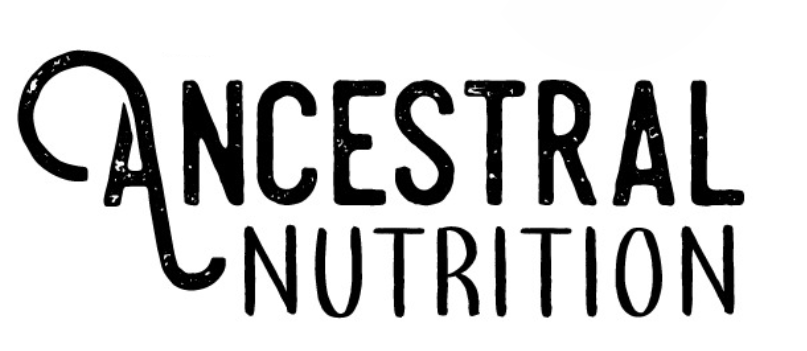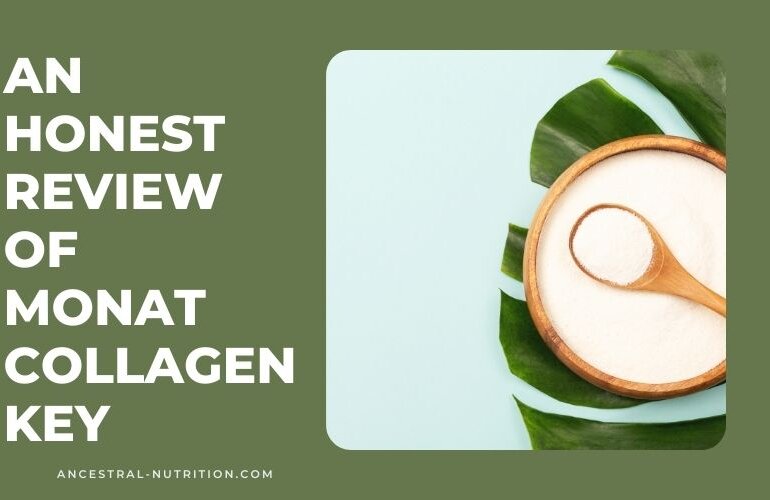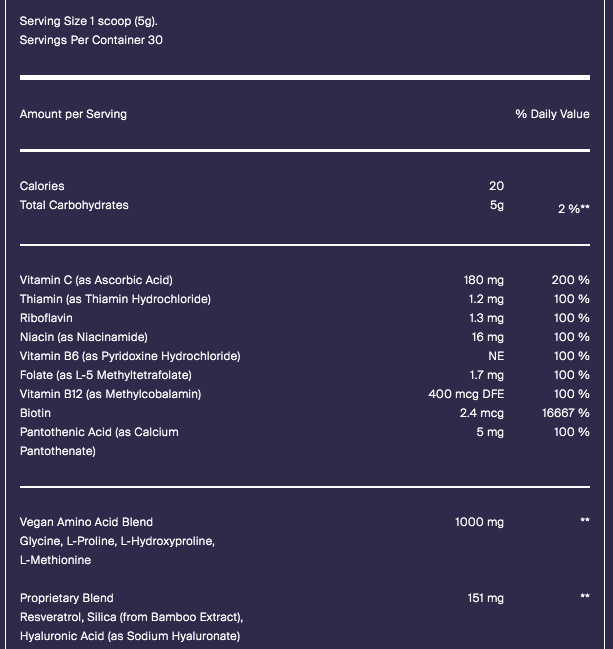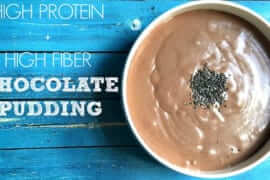After hearing about this “vegan collagen” supplement and doing a dramatic eye roll, I thought it was time I do an honest review of Monat Collagen Key.
I found out about Monat’s Collagen Key in a local mom group on Facebook when one mom asked for collagen recommendations and another mom said, “Collagen is made from boiled up bones! EW! So gross. Dm me to try this vegan collagen that helped my hair grow eight inches in a year!”
I didn’t know what she was talking about, but there are three things I know from that comment:
- This person is clearly disconnected from food, nature and how food is grown. Bones aren’t “ew, gross!” Let’s not talk like 12 year-old girls, especially surrounding a food that has been a staple of peoples’ diets for millions of years, and still is in many parts of the world. Just because something seems foreign to you, does not make it gross. That shit is disrespectful.
- She was part of a multilevel marketing company. I don’t hate MLMs even though they’re not for me, but I do hate how so many women put other businesses or products down to promote their own. If something is garbage, sure, be honest about that. But don’t make rude comments about other products just because you want to sell yours.
- Vegan collagen does not exist.
Technically, I already knew the third. But for some reason people are really trying to rep “vegan collagen.” By definition, collagen is a protein found in mammals, made up mostly of connective tissue, what the skin is mainly comprised of and the most abundant protein in the body. And that is just about the further thing from vegan.
The idea behind Collagen Key is that it helps support the body’s natural production of collagen. Does it? Maybe, but mostly no. And here’s why.
An Honest Review of Monat Collagen Key
Ingredients
I actually have no problem with the ingredient list. I know, this might be a first! Vitamin C? Good. Hyalauronic acid? Good. Biotin? All good.
I do have some concern with the sourcing of the vegan amino acid blend. Amino acids are found primarily in animals and to a lesser extent in beans and legumes. For example, the primary protein in collagen is glycine. Glycine is an incredibly important amino acid and it’s also what stomach lining is made up of. This is why a collagen supplement is so beneficial for gut health. The glycine in my collagen is made from grass-fed bones, what is the vegan glycine in this product made up of? I have no idea.
Turns out, the company doesn’t seem to know either.
I reach out to them to ask what the vegan amino acid blend is made of and they responded with the basic ingredient list. Which is not at all relevant or what I was asking. I thanked them but further explained I was looking for the composition of the vegan amino acid blend, considering amino acids are concentrated in animal foods and I was curious how they sourced theirs…no response.
What I do have a problem with is two things: the first is that this is not “vegan collagen” and the second is that while some of these ingredients may help boost collagen production – you’re not getting much due to the tiny serving size. You would be better off consuming a cup of bone broth per day or eating fish and protein regularly to promote collagen synthesis. While the ingredients in this product are not bad (as far as I can tell – they’re not very forthcoming with the sourcing).
Serving Size
While vitamin C is great for collagen production, 180mg is next to nothing and not enough to make a functional difference in the body. Yes, the recommended daily allowance is met in this product. But consider that RDA is the very, very minimum that a person can consume daily – not what they should be consuming daily and certainly not the recommended amount for avoiding deficiency.
Now consider that you can get 275 servings of 1,000mg of vitamin C for $28! It’s a cheap but effective supplement, and there’s simply not enough in this product.
You could take 70mg of hyaluronic acid everyday for two months for nearly half the price of this!
Amino acids are crucial for collagen synthesis, but there’s only 1g (1000mg) in this blend. There’s 18g of amino acids in my collagen protein (use code 10off for 10% off!). That’s 18x more amino acids. Not to mention that mine also includes organic broccoli, spirulina, wheatgrass, turmeric, kale and spinach.
Simply put, it’s overpriced and the serving size is too small.
The reality of a product like this…
Is that it’s unnecessary, it’s overpriced and it’s gimmicky. Could these ingredients possibly, maybe, potentially help you produce more collagen? Yes. In these tiny portions? No. Do you need something like this to produce more collagen? No.
Why would you take a supplement to produce more collagen in your body, when you could just take collagen itself? We know that collagen is easily digestible and bioavailable. We really have no idea if these ingredients increase collagen production, especially across the board.
And you don’t even have to purchase collagen, you can eat collagen rich foods. Bone broth, cartilage, bones and skin (found in canned salmon and sardines for example). That is exponentially cheaper and incredibly more effective.
Do I think there’s any harm in taking this product? No. But I also think it’s a total waste of money.





